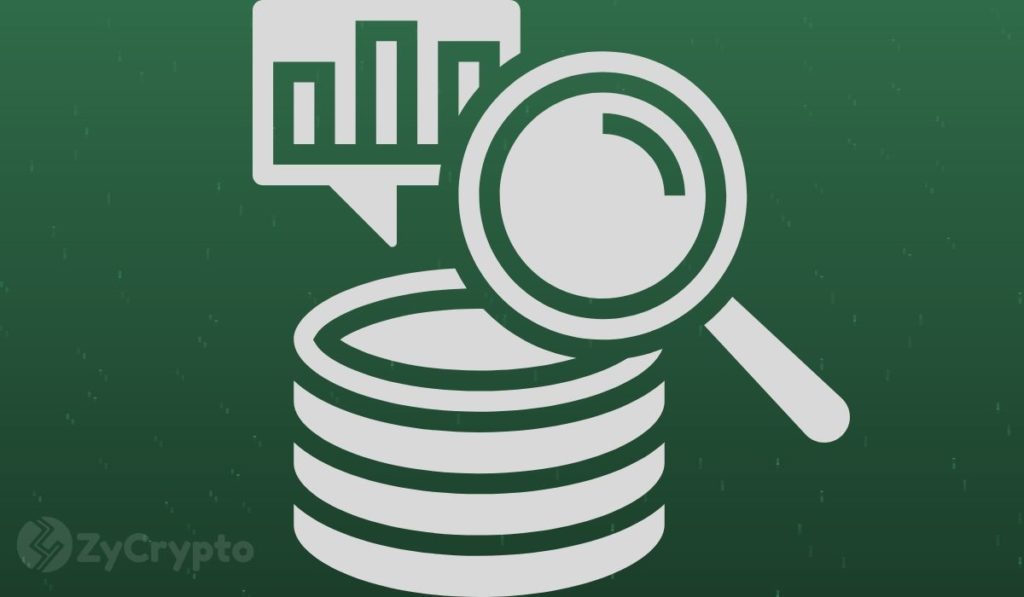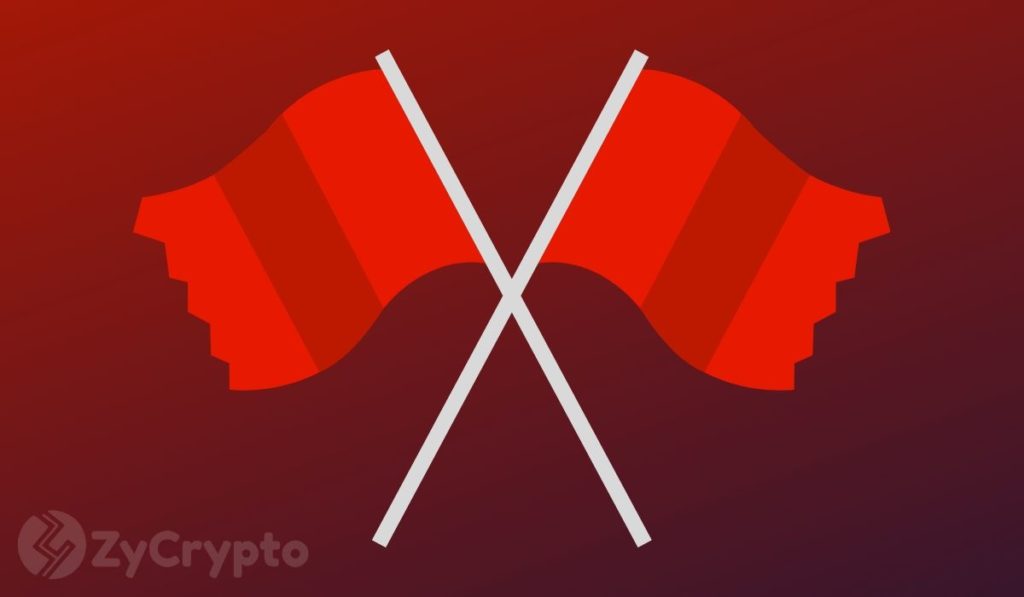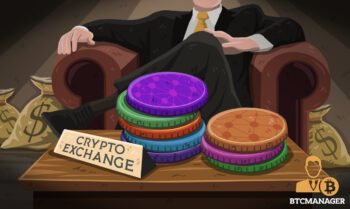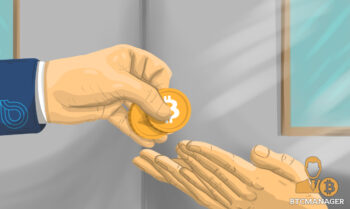2019-2-6 04:28 |
Cryptocurrency hacks and attacks to crypto exchanges have been a very common thing during the last years. Several cryptocurrency platforms have been hacked and users lost their digital assets from one day to the other. This is something that has severely affected the industry and that harmed users.
If one of the major exchanges is hacked, such as Binance or Coinbase, billions in dollars of digital assets could be lost forever. Coinbase has 5% of the total supply of all Bitcoin or 25% of all the Litecoin in circulation.
Indeed, centralized exchanges can become central points of failure, something that virtual currencies want to eradicate. Decentralized exchanges (DEX) were one of the solutions to this problem. Nevertheless, decentralized exchanges were not able to become massively used as centralized crypto exchanges.
However, there might be a possible solution to this situation. The Boston-based startup called Arwen is working in new software that would allow users to maintain custody of their coins when trading in a centralized exchange. The solution seems to be more like a peer-to-exchange system rather than peer-to-peer.
Arwen was created by Sharon Goldberg and Ethan Heilman and decided to gather funds via VC investors rather than performing an Initial Coin Offering (ICO). The company received investments from other VC firms including Digital Garage, Nation Capital and Highland Capital Partners, among others.
Clearly, trusting a centralized party when we talk about digital assets is counterintuitive. This is what Goldberg believed. Alongside Heilman, they knew they were able to create a system that would allow users to safely trade on centralized exchanges.
During a conversation with The Block, Sharon Goldberg commented:
“I was actually a little bit surprised to see the whole rise of the centralized exchanges… But we never had the viewpoint that the centralized exchange is somehow bad and we need to get away from that.”
The Arwen solution is a Layer 2 protocol, similar to how the Lightning Network (LN) works. According to Goldberg, it is possible to see the software as the Lightning Network for trading. She explains that if users want a network to operate fast, they need to build a second layer for it.
It is important to mark that when they’ve designed the system, they had to take into account several things, including the fact that Bitcoin is a very different blockchain network compared to Ethereum (ETH).
In order for this system to work, it requires two escrows; one funded by the users and another by the exchange. Once the trade is performed, there will be an atomic swap and the coins will be changing ownership. As soon as a user asks the exchange to fund an escrow to do a trade, there will be an escrow fee proportional related to the amount of coins ad time. The fees are paid by the user every single time he starts an escrow.
According to the report released by The Block, all the escrows have an expiry time. Arwen guarantees that if the escrow is closed before the time expires, the coins will be safe. However, if the escrow is not closed before that time, the exchange will be closing it but there will be no guarantee that the coins will be safe in case there is an attack on the platform.
If the trade is not completed as it should and the escrow doesn’t close properly, that means that there is an attack. The user would have the possibility to recover the coins during that time.
Back in January, Arwen launched a testnet and KuCoin started to integrate a beta version of this protocol to its platform. Instead of having to create a separated decentralized exchange, it might be possible for crypto trading platforms to just implement the solution and start offering these services to users.
This implementation will provide more independence to users and better control over their private keys. There are several users that want to run their own wallets and stop depending on a cryptocurrency platform to store their private keys. Although this is much safer for users, it will also be slightly more expensive and less convenient.
Bitcoin (BTC), Ethereum (ETH), XRP (Ripple), and BCH Top Coin Price Watch (Feb 5th)
origin »Bitcoin price in Telegram @btc_price_every_hour
Global Cryptocurrency (GCC) на Currencies.ru
|
|
























